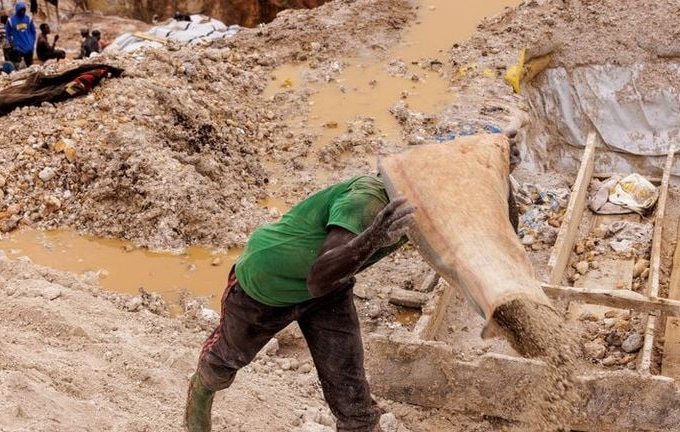The governments of the DRC and Rwanda are working on a draft economic framework that would bring in the United States and other international partners to help revamp mineral sectors beset by conflict, illicit trade, and logistical hurdles. Sources familiar with the matter told Reuters that this 17‑page draft is under review by stakeholders including private firms, multilateral banks, and donor agencies.
Under the proposal, both countries would adhere to internationally accepted transparency guidelines, such as those from the OECD, establish third‑party inspection of mines, and develop special economic zones that cross national borders. Regular high‑level summits and technical working groups are also planned to ensure coordination.
This framework builds upon a peace accord signed in Washington in June, which aimed to end fighting in eastern DRC and boost foreign investment in the region. Key minerals under focus include tantalum, gold, cobalt, copper, and lithium materials essential for technology and energy sectors.
While the agreement signals a major step toward integrating economic reform with peacebuilding, its execution faces serious challenges. Observers note that troop withdrawal promises remain unfulfilled and that ongoing conflicts with the M23 rebels create security risks that could undermine investment and regulatory efforts. Kinshasa has also expressed that economic collaboration with Rwanda depends on respect for sovereignty and progress in resolving territorial disputes.
Finalization of the draft is expected in early October, with a planned signing later by heads of state. If successfully implemented, the deal could reshape mineral governance in the region and reinforce responsible supply chains.
